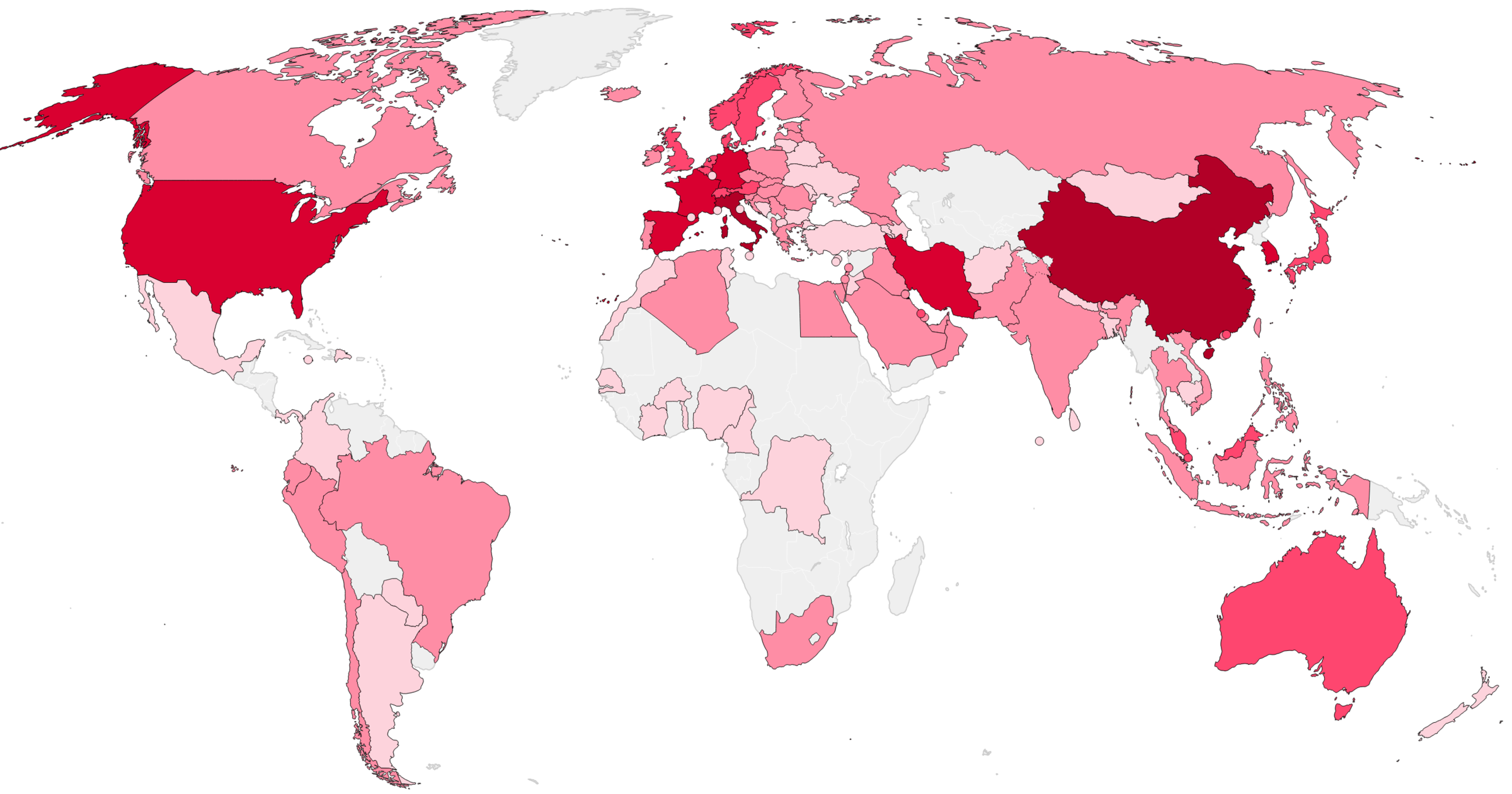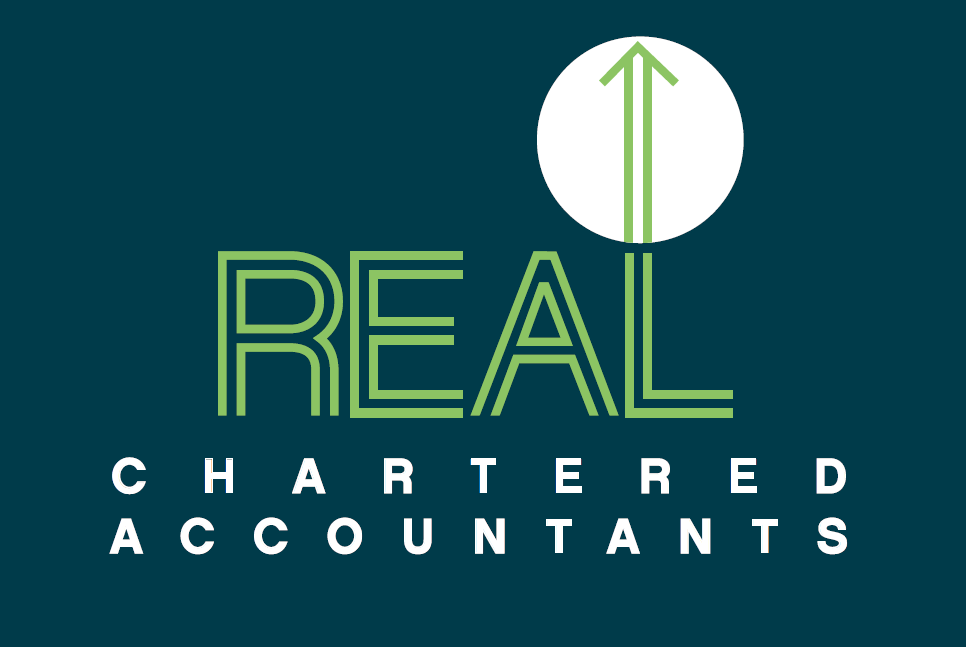NEWS
A Checklist on Our Economy During the Virus Shock

-As published by economist, Tony Alexander, for sharing with all friends & clients.
People are very confused as to what the virus outbreak means for our economy, businesses, householders, wage earners etc. This handout contains some simple lists of dot-points aimed at helping you and your staff better put the shock into context, and hopefully drag folk away from the sort of emotions which have driven panic buying of toilet paper. Assuming no Italy-like lockdown here in NZ….
The Covid-19 outbreak is hitting our economy in at least 4 ways.
- Foreign Tourism employs 165,000 people and is very important for some regions. Bookings inward and outward are collapsing worldwide. This sector will feel the deepest impact and business closures will happen.
- Exporters affected by China’s temporary closures. Current pain for forestry, fishing, universities etc. will ease within 2-4 months as China reopens, docks are cleared, and shipping gets re-established. Layoffs and shortened work hours will be minor and short-lived.
- Importers of vital components. Production interruptions and stoppages are coming for many manufacturers and builders short of vital parts. Layoffs will not be widespread given structural staff shortages. But reduced hours, shifts toward maintenance etc. are coming. Hopefully the worst will be over within four months.
- Outright uncertainty, confusion and angst, along with news of probable recessions offshore will make us all cautious about spending, hiring, and initiating new projects. This effect is driven by “animal spirits” rather than solid income declines, and we cannot know when people will regain previous faith in their personal, business, and economic outlooks.
This will not be a normal recession, and some people will feel little pain beyond the confusion.
1. The Reserve Bank has not pushed mortgage rates to 11% as happened in 1998 and 2008. Mortgage pain will not just be absent, but imminent rate cuts mean cash relief will occur for many.
2. The NZ dollar has not soared, so exporters broadly are not experiencing the usual 12-18 months of pain before the cities ultimately feel it.
3. Export commodity prices have not collapsed.
4. Oil prices have not just soared.
5. Financial institutions and markets have not crashed. Share prices were due for a “correction” after rises the past year at odds with underlying economic health.
What will cushion the household and business pain?
1. Cheaper petrol and diesel.
2. Lower borrowing costs and absence of pre-downturn rate hikes.
3. Housing shortages which will keep house prices supported – except in tourist locations.
4. Net migration flows (therefore population growth) may slightly improve as Kiwis stay here rather than shift offshore.
5. A slightly lower NZ dollar.
6. Specific government measures targeted to the businesses noted above. Details awaited.
7. A generalised easing of fiscal policy targeting most household incomes and some business expenses generally. Fiscal headroom for doing this is huge. Details are awaited.
8. This year we may lose most of the expected 4 million foreign tourists. But the 3.2 million trips we were going to take offshore also won’t occur. We will divert some of our saved thousands of dollars to local travel and maybe some large items like TVs.
9. NZ banks are in good shape (even better than pre-GFC when no Kiwi depositor lost any money in a NZ or Aussie bank), dependence on foreign financing is low, so tightening of lending will be muted.
10. We Kiwis don’t/can’t borrow money to invest in shares. Falling share prices hit wealth we weren’t going to use for spending for many years.
11. We haven’t overbuilt things going into the downturn, therefore construction weakness will be minor, based largely upon material shortages, and short-lived compared with normal recessions.
12. Good feelings about reduced global carbon emissions
What Can Businesses Do?
1. This virus shock is the trigger for an acceleration and condensing in time of a three-year period of “weeding out across all business sectors which I have warned about for the past couple of years. Many firms need to adjust their strategies to reflect their loss of pricing power, structural shortages of labour, new social pressures around plastics etc., and reduced availability of bank credit. Plus, after five good years quite a few inefficiencies and bloated expenses will have built up.
2. The recession will present opportunities to find good staff “freed” from other sectors.
3. Maintain advertising focussed on branding, and invest more in IT as research shows firms which do these two things emerge better in the upturn than those who slash spending on everything.
4. Talk with your banker – before they call to talk to you.
5. Talk with your staff and discuss boosting normal hygiene practices. They are more confused about what to think and feel than you are. 29% of them have never been in work during a recession.
6. Big firms can help small ones by paying bills more quickly. Can you do something nice for local healthcare workers?
What Can Householders and Wage Earners Do?
1. Remember that layoffs outside tourism will be very limited because good staff are in short supply and businesses know that if they sack people now they risk never returning to their previous business size when the upturn comes. Slashing of personal spending is therefore not warranted. However, while we are in the maelstrom trying to put a timing on the route out, exercise caution with spending on luxuries and big-ticket items, bargain for discounts. Treat yourself and those around you to small, special purchases.
2. Holiday in NZ this year. See Queenstown and Rotorua’s mud pools without busloads of tourists blocking the vistas. Buy services (locally produced) rather than things manufactured offshore.
3. Bring forward your plan to cut your work hours to undertake more training or working toward a new qualification.
What Can Investors Do?
1. Sit tight by and large and wait for things to settle down, recognising no-one knows where market bottoms lie, or the timing and speed of recoveries. Panicking usually just provides bargains for those who have seen these sell-off periods before. Those making regular contributions to investment plans will be buying assets at cheaper prices now than some weeks back.
2. If you own investment property – residential or commercial – talk with tenants and be prepared to assist through delaying or reducing some rent payments.









